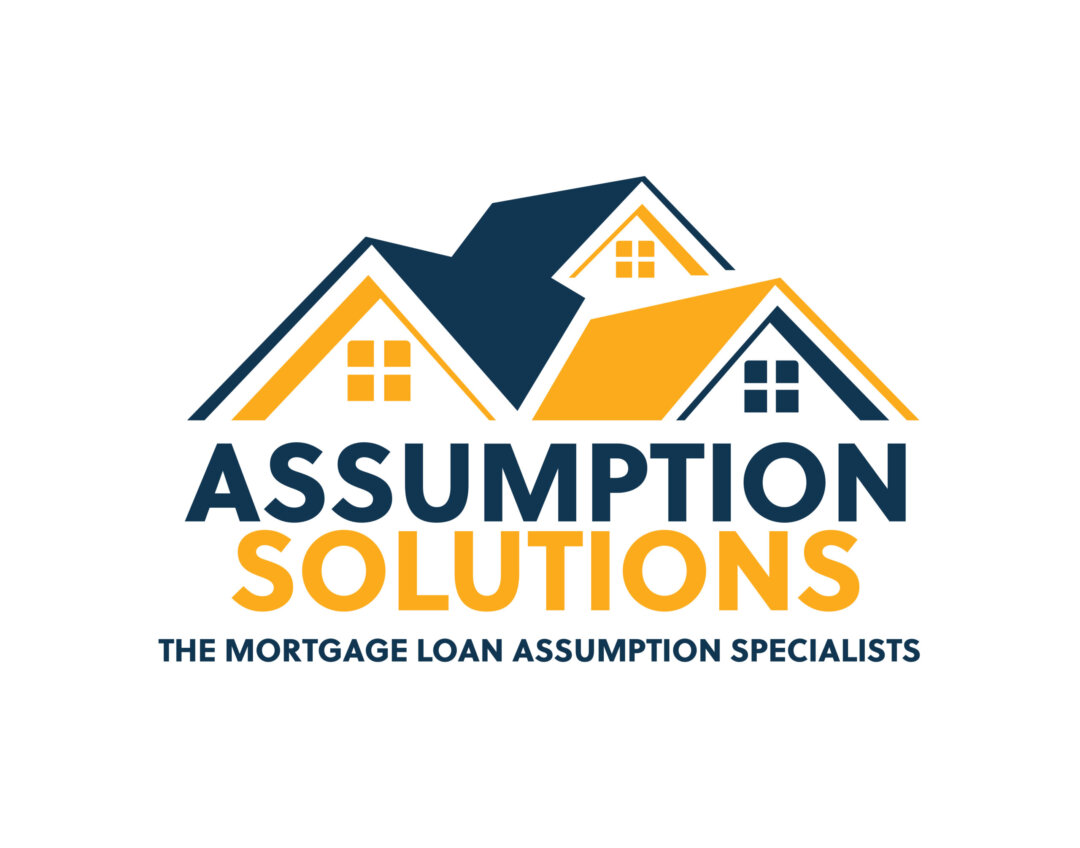Many buyers and sellers overlook the potential benefits of assumable mortgages when navigating the world of home financing. An assumable mortgage allows a new borrower to take over the existing loan under its original terms. This can be particularly advantageous in a market where interest rates are rising, as it enables the buyer to secure a lower interest rate from the seller’s original loan. Understanding what types of mortgages are assumable is crucial for anyone looking to maximize their financial benefits in a real estate transaction.
Assumption Solutions is here to help you! Keep reading to learn more, and never hesitate to reach out to us if you have any questions we don’t answer here.

The Key Elements of Understanding Assumable Mortgages
An assumable mortgage is a unique financial arrangement where the buyer of a property takes over the seller’s existing mortgage. Instead of applying for a new loan, the buyer assumes the remaining balance, interest rate, and payment schedule of the current mortgage. This can be beneficial for both parties: the buyer might enjoy a lower interest rate, and the seller can make their property more appealing to prospective buyers.
Assumable mortgages can significantly reduce the time and cost associated with securing new financing. However, it’s essential to understand which mortgage types are typically assumable to determine if this option is available in your situation.
Types of Mortgages That Are Assumable
Not all mortgages are assumable, and the availability of this option depends on the type of loan in question. Here’s a breakdown of the most common types of assumable mortgages:
- FHA Loans
- FHA Loans are one of the most commonly assumable mortgages. Backed by the Federal Housing Administration, these loans are designed to help low-to-moderate-income borrowers. The FHA allows the assumption of these loans, provided the new borrower meets the necessary credit and income requirements. This makes FHA loans a popular choice for buyers looking to assume a mortgage with favorable terms.
- VA Loans
- VA Loans are available to veterans and active-duty military personnel, and these loans can also be assumable. The Department of Veterans Affairs (VA) permits the assumption of VA loans, but there are specific conditions to meet. The new borrower does not need to be a veteran but must meet the lender’s criteria and receive approval from the VA. This assumable feature can be an excellent benefit for both buyers and sellers in the military community.
- USDA Loans
- USDA Loans are another type of assumable mortgage. These loans are offered by the United States Department of Agriculture and are designed for rural and suburban homebuyers. Like FHA and VA loans, USDA loans can be assumed by a new borrower, provided they meet the necessary requirements. The assumption process involves approval from the USDA, and the new borrower must qualify under current USDA guidelines.
- Conventional Loans
- Conventional Loans are not typically assumable, as they are usually subject to a “due on sale” clause, which requires the loan to be paid off when the property is sold. However, there are rare exceptions where a conventional loan might be assumable, particularly if the loan was originated before a certain date or if specific terms are negotiated with the lender. It’s essential to consult with the lender to determine if a conventional loan can be assumed.

Eligibility and Requirements for Assumable Mortgages
Assuming a mortgage is not as simple as taking over payments. The new borrower must meet certain eligibility criteria to assume a mortgage successfully. These include:
- Creditworthiness: The lender will review the buyer’s credit score and history to ensure they are a reliable borrower.
- Income Verification: The buyer must prove they have a sufficient and stable income to cover the mortgage payments.
- Approval Process: The assumption process requires approval from the lender and, in some cases, the governing agency (such as the FHA, VA, or USDA).
It’s also worth noting that the buyer may need to bring the loan current if there are any outstanding payments or fees. Additionally, a down payment might be required if the property’s value has appreciated since the original loan was taken out.

Experience the Many Benefits of Choosing an Assumable Mortgage
Assumable mortgages offer several benefits, making them an attractive option for buyers and sellers alike. For buyers, the primary advantage is the potential to secure a lower interest rate than what is currently available. This can lead to significant savings over the life of the loan. Sellers, on the other hand, can make their property more appealing by offering an assumable mortgage, potentially leading to a quicker sale in a competitive market.
Understanding what types of mortgages are assumable is key to making informed decisions in the real estate market. FHA, VA, and USDA loans offer the most common opportunities for assuming a mortgage, each with its specific requirements and benefits.
If you’re considering assuming a mortgage or offering one to a buyer, consulting with a mortgage professional at Assumption Solutions can help you navigate the process and ensure you meet all necessary guidelines.
Assumable mortgages can be a powerful tool in the right circumstances, offering financial advantages that can make all the difference in a real estate transaction. Let us show you how to finally get the keys to your family’s dream home!




